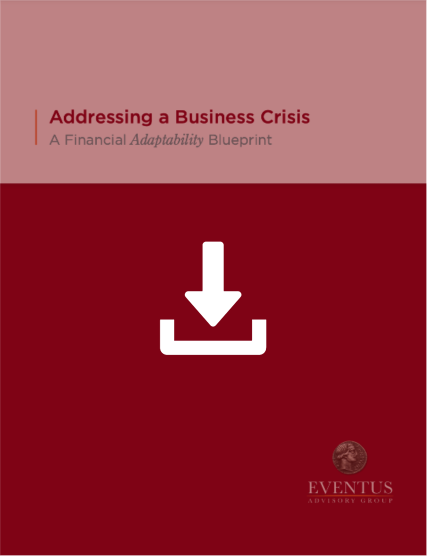While each company is different, four standard finance and accounting roles are common to most companies: CFO, controller, analyst and accountant. Use the following principles when building out your team:
1. Right person, right job, right price: Don’t pay CFO or controller prices when the role can be done by an analyst or an accountant. CFOs and controllers should manage and provide strategy and insight, not line-level work.
2. Architect with senior staff and maintain with junior staff. Have the CFOs build the financial model and the controllers design the processes, and maintain the infrastructure with junior staff supervised by the CFO and controller.
3. Fill in the lower levels with full-time first. The majority of your workload will be high frequency, repetitive tasks. As you expand, your billing and payables needs will grow. These are classic accounting positions that lend themselves to full-time.
4. If you can, separate the CFO and controller positions. They are two separate skill sets, and CFOs usually charge more than controllers.
5. Hire for your specific need, and change up the team for the changing needs. Sometimes you need a CFO with fundraising experience, sometimes with company scaling experience and sometimes with going-public experience. Rarely does one person have all these skills. An on-demand CFO can get you the immediate skill set you need without the issue of hiring for a skill set that will be stale in a year or two.




